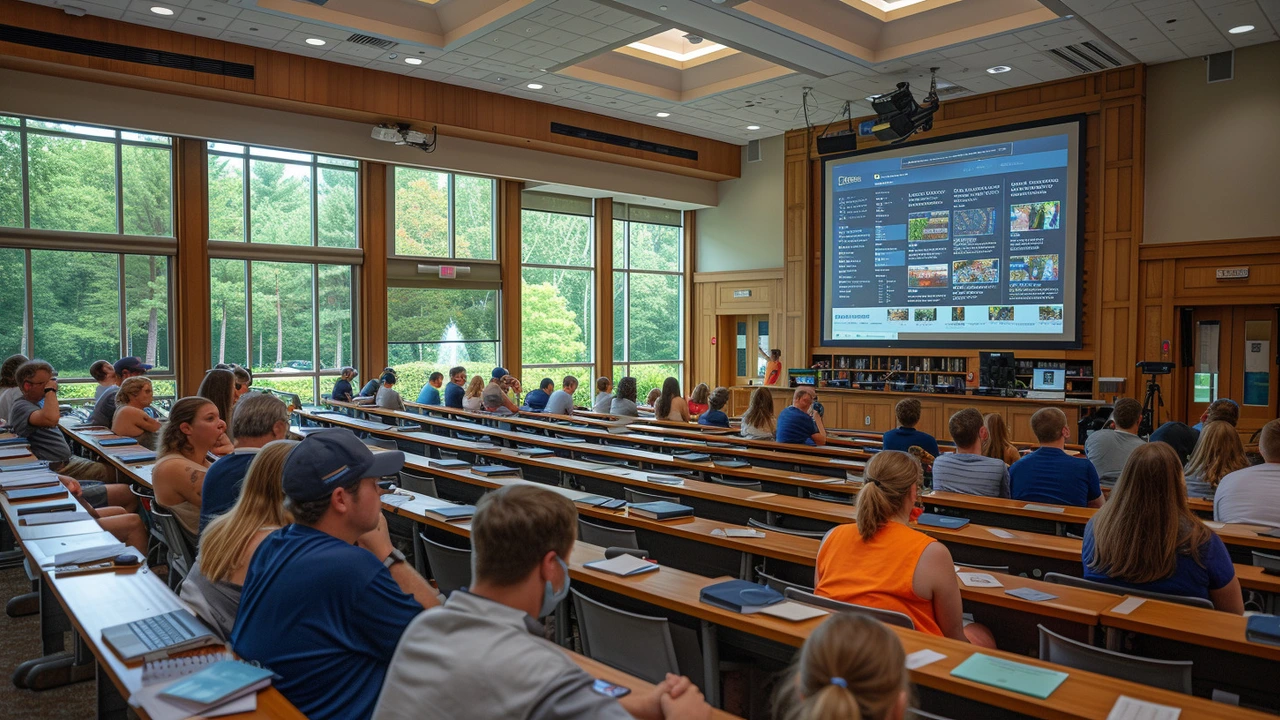Cracking the Code: Understanding the Fundamentals of Programming
Funnily enough, whenever I mention to someone that I'm familiar with coding and programming, they often look at me as though I've confessed to being an alien. Seriously, I don't have three eyes, I promise! But yeah, the world of coding can sometimes feel like an alien landscape to a newbie—filled with strange symbols, cryptic commands, and a seemingly infinite number of programming languages that sound more like exotic cuisines than systems of encoding. Will you have some Python with a side of Java? Or perhaps a helping of C# drizzled with a bit of JavaScript?
Well, don't panic, dear code-brethren-to-be! Mastering programming doesn't require you to have telepathic abilities or a superhuman intellect. It's a learned skill, like cooking or playing the guitar. Well, maybe less rocking out with a band and more rocking back and forth in front of a computer screen. But I guarantee, once you get the hang of it, you'll feel like you have superpowers. And who wouldn't like that feeling?
Laying a Solid Foundation: Finding the Right Programming Language for You
Now, with the myriad of programming languages out there suitable for a multitude of different uses, how does one decide which language to learn first? It's like standing in a giant tech candy store. Only instead of picking out the juiciest lollies, you're picking out your first programming language.
My advice? Start with the basics. HTML and CSS for those interested in the graphical side of things, like designing websites. Python for those who'd like a more general introduction to programming concepts. It's straightforward to learn and can help you get your foot in the door fast. Remember, you don't have to be monolingual in coding. In fact, knowing multiple programming languages is a plus!
Practice Makes Permanent: Regular Coding Exercises
Now, here's a fun fact: According to research, it's said that it takes roughly 10,000 hours to master a skill. Neat, right? So, if you're just beginning your coding journey, you're in for a lot of hours of typing, backspacing, and typing again. But don't worry, it's all part of the process.
It helps to develop a regular practice routine, much like you would if you were learning an instrument. No, I'm not saying you should practise coding for hours on end to the point of exhaustion. Just make sure you're setting aside some time every day to code. Remember, perfection isn't the goal; consistency is.
The Art of Debugging: Becoming Good Friends with Errors
Now, let's talk about mistakes. In the world of programming, they're as inevitable as me forgetting to water my plants. Sorry, little green guys! But seriously, even the most experienced coders encounter bugs and errors in their coding adventures. It's just part of the game.
Embrace errors, don't shudder at them! Errors are your golden learning opportunities. They're your stepping stones, your bread crumbs leading you out of the code forest. My little tip here: Keep an error diary. Write down the errors you encounter, what caused them, and how you solved them. Trust me, you'll thank me later.
Never Stop Learning: Keep Updating Your Skills
Here's a thing about coding: It's constantly evolving. New languages emerge, old ones get updates, and technology advances. So if you're one of those nerdy types who love learning new stuff (like yours truly, who's currently nerding out over quantum computing), then you're in for a treat.
There's always something new to learn in the realm of programming. So my advice is, commit to lifelong learning. Attend coding workshops, join online programming communities, read up on the latest tech trends. Remember, the key to a successful coding career is adaptability!
The Grand Finale: Building a Portfolio
Last but certainly not least, it's time to put your skills to the test and throw yourself into real programming projects. Scary, right? Hell no, it's exciting! It's your opportunity to bring those awesome ideas swimming around your head to life. Whether it’s designing and developing your own website or creating an interactive game, this is your time to shine.
Keep all your completed projects handy, because they're the solid proof of your coding skills. The effort you put into your portfolio can make a significant difference to your career path. So go create some coding magic, my friends!
Remember, every master programmer once started where you are now. It's a fantastic journey filled with bumps, dead-ends, breakthroughs and a great deal of satisfaction. So, keep learning, keep coding and soon you'll be scripting your success story in your chosen programming language. Happy coding!

